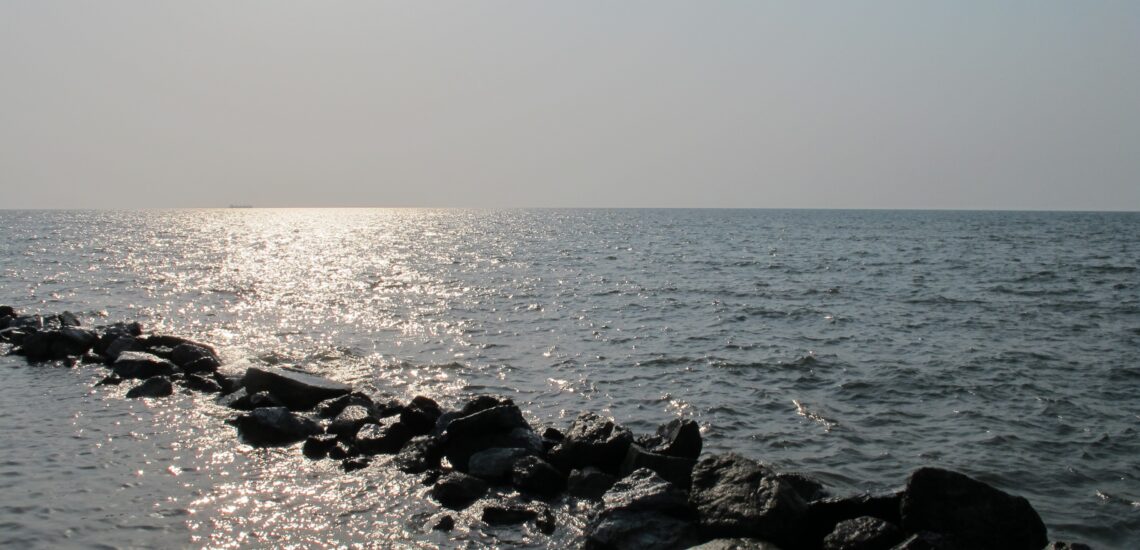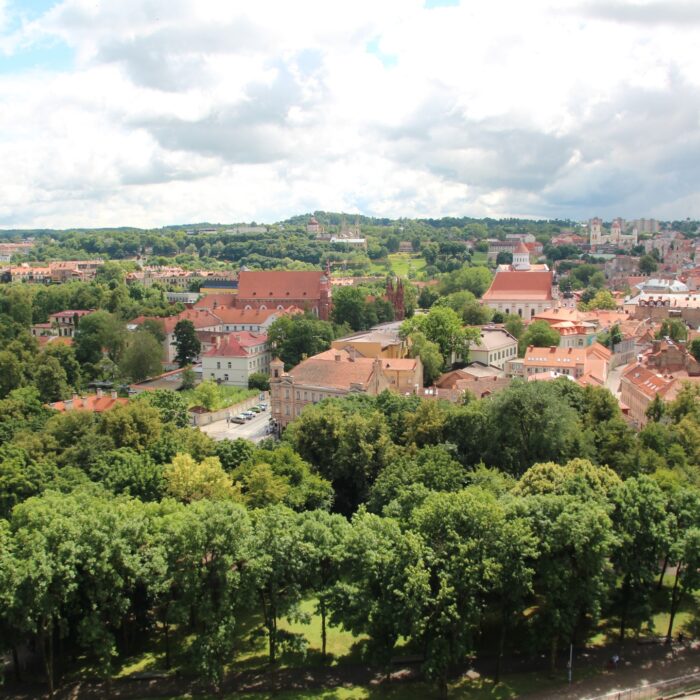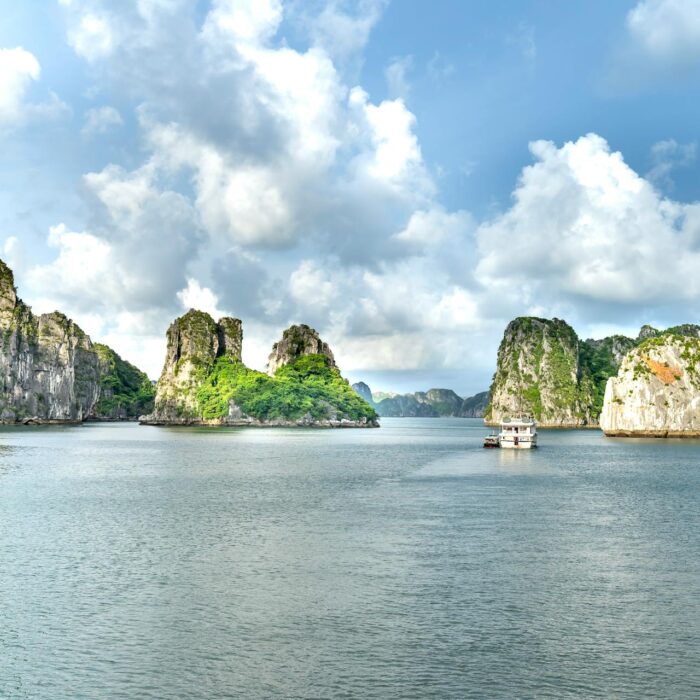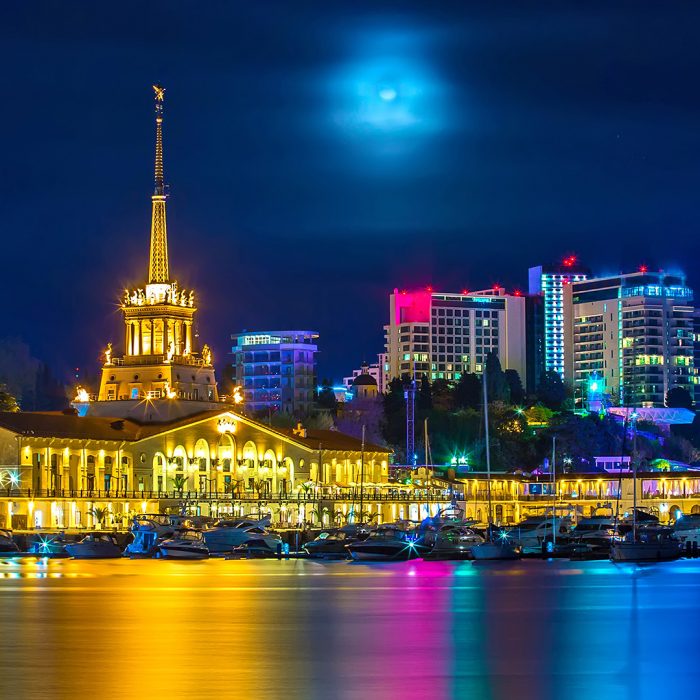Quick facts about Equatorial Guinea:
- Population: Approximately 1.8 million people.
- Capital: Malabo (on Bioko Island), with plans to move to Ciudad de la Paz (formerly Oyala) on the mainland.
- Largest City: Bata.
- Official Language: Spanish.
- Other Languages: French, Portuguese, and indigenous languages such as Fang and Bubi.
- Currency: Central African CFA franc (XAF).
- Government: Unitary presidential republic.
- Major Religion: Christianity (predominantly Roman Catholic), with some Protestant communities and indigenous beliefs.
- Geography: Located on the west coast of Central Africa, it comprises a mainland region (Río Muni) and several islands, including Bioko and Annobón. It is bordered by Cameroon to the north, Gabon to the east and south, and the Gulf of Guinea to the west.
Fact 1: Equatorial Guinea is sometimes divided into mainland and island parts
Equatorial Guinea is geographically divided into two main parts: the mainland region, known as Río Muni, and the island region. Río Muni is bordered by Gabon and Cameroon, forming the larger part of the country’s landmass and home to most of its population. The mainland region also includes important cities such as Bata, one of Equatorial Guinea’s largest cities.
The island region is composed of several islands, the largest of which is Bioko Island, located off the coast of Cameroon in the Gulf of Guinea. Malabo, the capital city, is situated on Bioko Island, giving the country a distinctive feature where the political center is separate from the mainland. This island portion also includes Annobón, a smaller and more remote island further south.
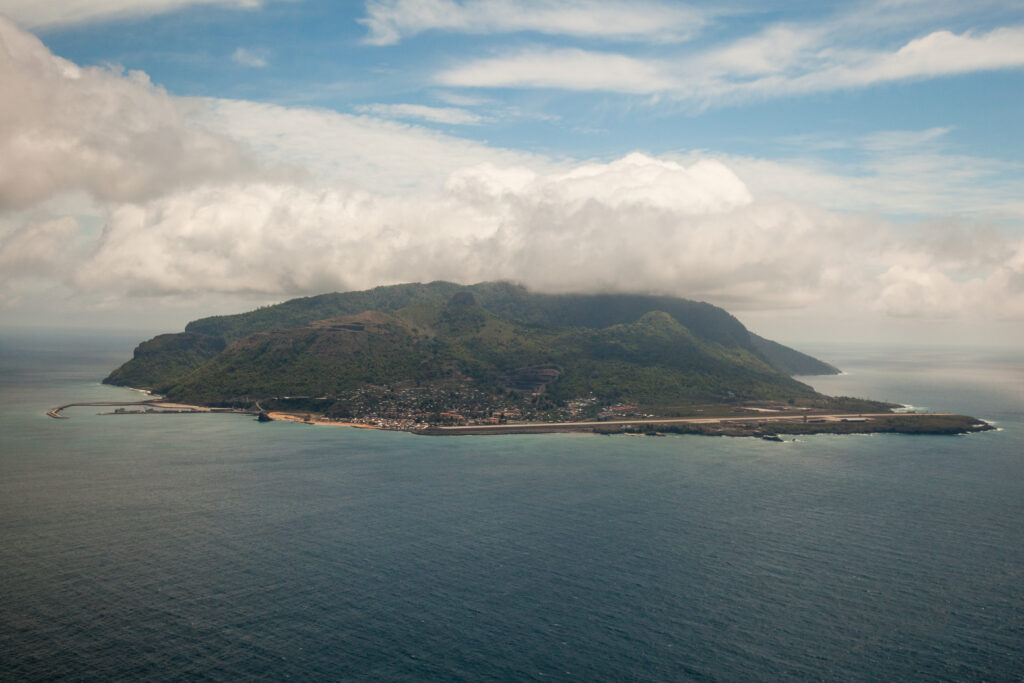
Fact 2: Equatorial Guinea has a good GDP per capita
Equatorial Guinea’s GDP per capita ranks among the highest in Sub-Saharan Africa, largely due to its abundant natural resources, particularly oil and gas. This wealth of resources has made it one of Africa’s richest countries on a per capita basis. Oil discoveries in the 1990s transformed Equatorial Guinea’s economy, with oil production now contributing over 90% of the country’s export earnings and government revenue. By 2023, the country’s GDP per capita was estimated at around $8,000 USD (PPP), much higher than in many neighboring countries.
However, while GDP per capita is relatively high, much of the wealth is concentrated among a small elite, and the general population often faces poverty and limited access to public services.
Fact 3: Equatorial Guinea is home to the largest frogs in the world
Equatorial Guinea is known for being home to the Goliath frog (Conraua goliath), which is the largest frog species in the world. These frogs, native to rainforest rivers in the region, can grow up to 32 centimeters (about 13 inches) in length and weigh over 3.3 kilograms (around 7 pounds). Goliath frogs are remarkable not only for their size but also for their strength, as they can jump distances over ten times their body length. Their unique size requires strong habitats and clean, flowing rivers to thrive, which unfortunately makes them vulnerable to habitat loss and poaching, as they are sometimes captured for the pet trade or hunted as a delicacy.
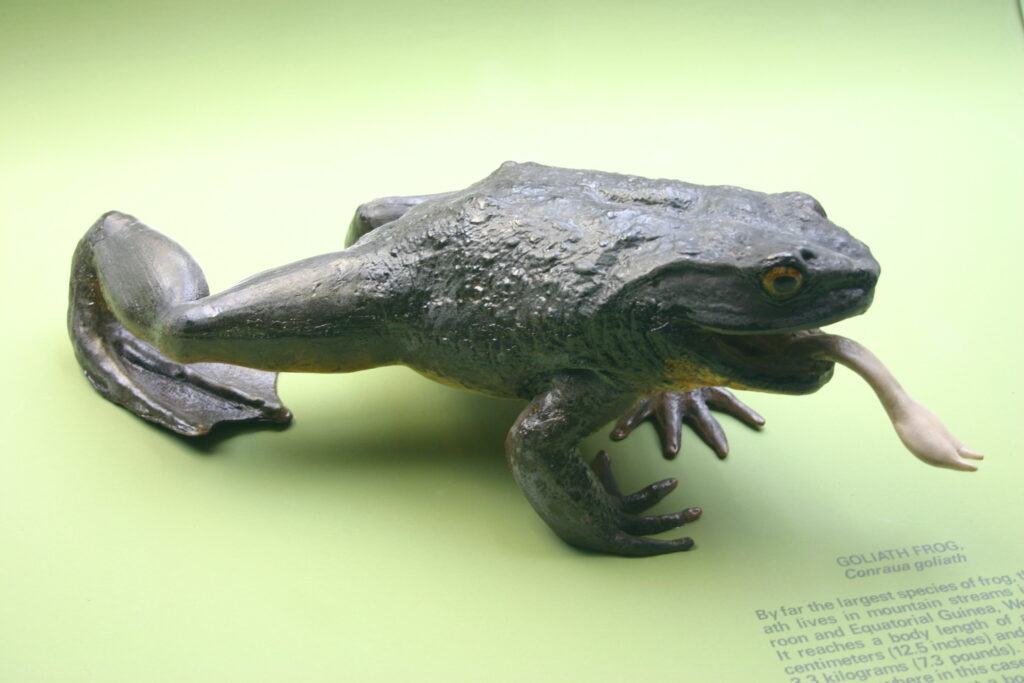
Fact 4: The president of Equatorial Guinea is the longest ruling president in the world
The President of Equatorial Guinea, Teodoro Obiang Nguema Mbasogo, holds the distinction of being the world’s longest-ruling president. He came to power on August 3, 1979, following a coup in which he overthrew his uncle, Francisco Macías Nguema. Obiang’s rule has surpassed four decades, making it an unprecedented tenure in modern political history. His presidency has been characterized by tight control over the nation’s political and economic systems, which rely heavily on Equatorial Guinea’s oil revenues. However, his leadership has also faced international scrutiny regarding human rights concerns and limited political freedoms within the country.
Fact 5: Life expectancy in Equatorial Guinea is among the lowest in the world
Equatorial Guinea’s life expectancy ranks among the lowest globally, influenced by factors like limited access to healthcare, high rates of communicable diseases, and economic inequality. According to the World Bank, life expectancy in Equatorial Guinea is approximately 59 years, well below the global average of 73 years. The country has made strides in healthcare infrastructure, but challenges persist, especially in rural and impoverished areas.
Key issues contributing to this low life expectancy include high rates of malaria, respiratory infections, and maternal and child health challenges. Equatorial Guinea’s health system also struggles with adequate funding and trained personnel, further impacting healthcare delivery and public health outcomes.
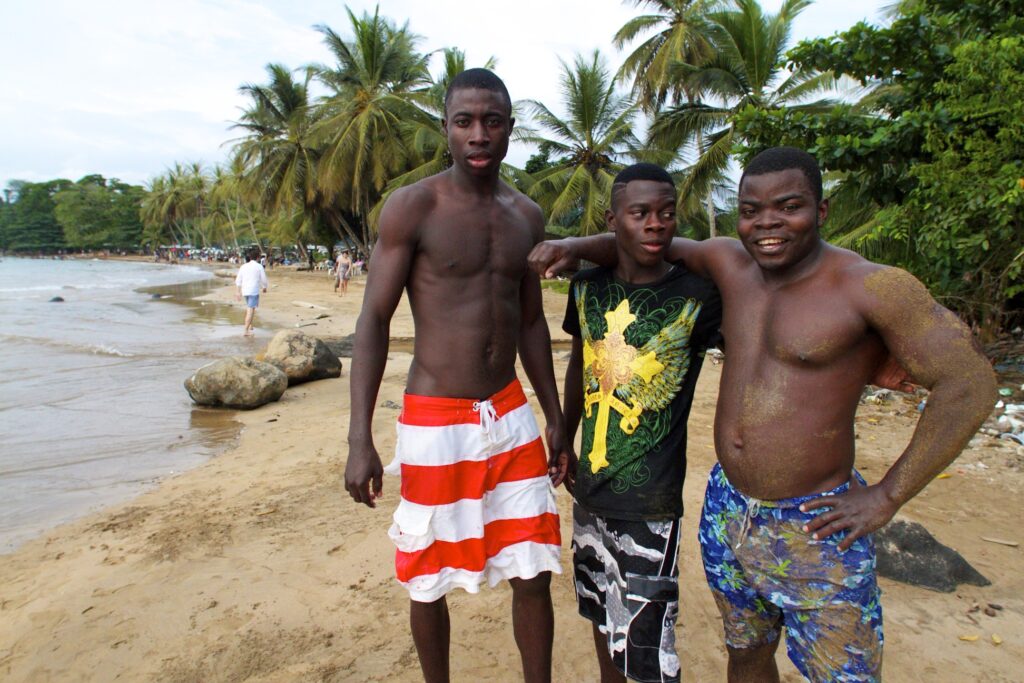
Fact 6: Equatorial Guinea is the only African country that speaks Spanish
Equatorial Guinea is indeed the only African country where Spanish is an official language. Spanish has been the primary language of governance, education, and media in Equatorial Guinea since the country became a Spanish colony in the 18th century. Today, about 67% of the population speaks Spanish, while other languages, such as Fang and Bubi, are also spoken widely among the various ethnic groups. French and Portuguese are also official languages, although they are less commonly spoken.
Fact 7: The country has a national park with great biodiversity
Equatorial Guinea is home to Monte Alen National Park, a significant reserve known for its rich biodiversity. Situated on the mainland, this park spans roughly 2,000 square kilometers and includes tropical rainforest, diverse plant life, and numerous animal species. Key inhabitants include forest elephants, western lowland gorillas, and various primates, alongside countless bird species, which make the park a valuable habitat in conservation terms.
Monte Alen’s varied ecosystems are relatively undisturbed, contributing to the park’s status as one of Central Africa’s most biologically significant regions. Although challenging to access, its pristine environment offers potential for ecotourism, which could play a role in both conservation efforts and the country’s economic growth if adequately managed.
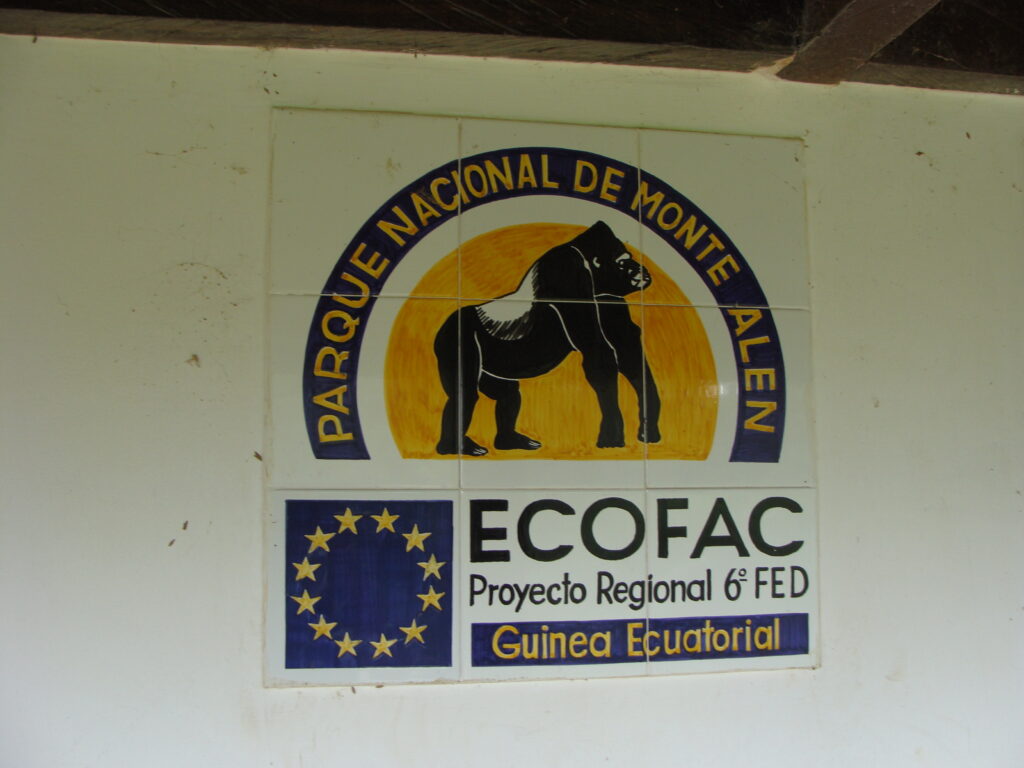
Fact 8: The literacy rate here is one of the highest in Africa
Equatorial Guinea boasts one of the highest literacy rates in Africa, with estimates indicating that around 95% of its adult population is literate. This impressive figure can be attributed to the government’s emphasis on education, which includes efforts to improve access to schooling, especially for women and girls. The country has invested in educational reforms and infrastructure, making significant strides in enhancing educational opportunities since the late 1990s. But there are problems with further education and its quality.
Fact 9: Equatorial Guinea has a lot of nice sandy beaches
Equatorial Guinea is renowned for its stunning sandy beaches, particularly on the island of Bioko and along the mainland coast. These beaches offer crystal-clear waters and beautiful landscapes, making them attractive destinations for both locals and tourists. Notable beaches include Arena Blanca and the beaches near the capital city, Malabo, which are often highlighted for their scenic beauty and opportunities for relaxation.
In addition to their natural beauty, these beaches provide a setting for various recreational activities, such as swimming, sunbathing, and exploring marine life. The warm equatorial climate ensures that beachgoers can enjoy pleasant weather year-round.
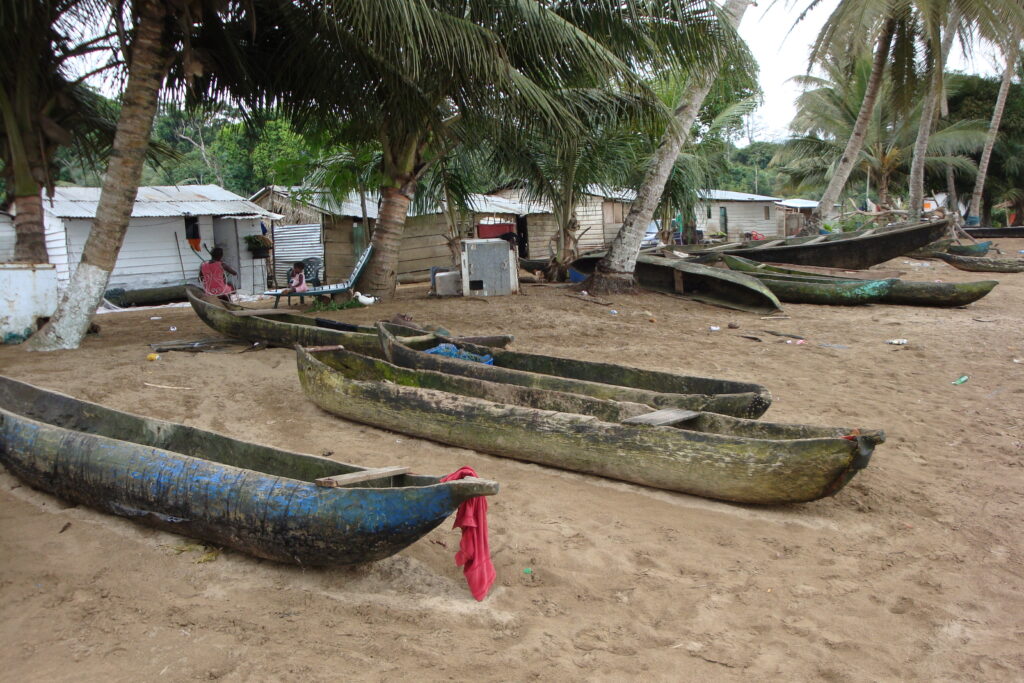
Fact 10: Equatorial Guinea is the smallest African country in the UN
Equatorial Guinea is notable for being the smallest country on the African mainland, both in terms of area and population. Nestled on the west coast, it comprises a mainland region, Río Muni, and several islands, including Bioko Island, where the capital city, Malabo, is located.
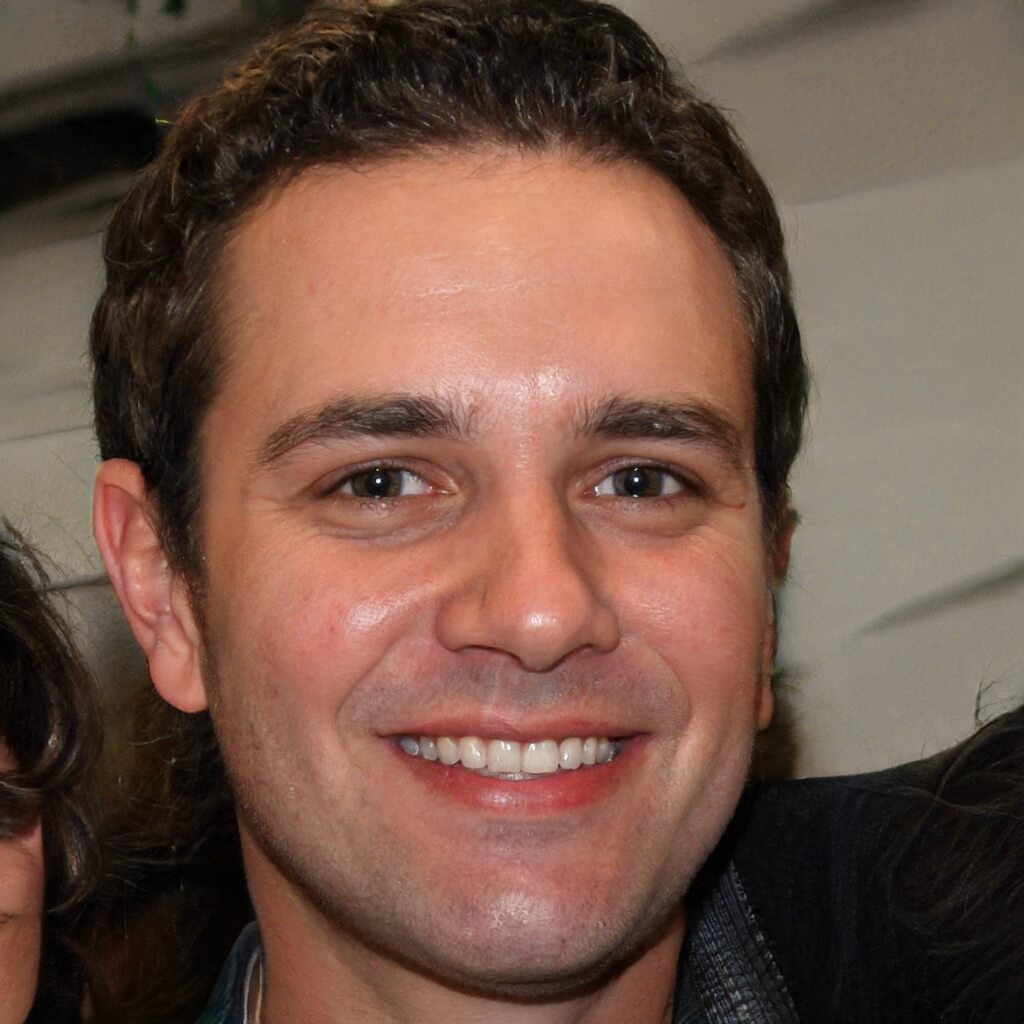
Published October 27, 2024 • 6m to read

